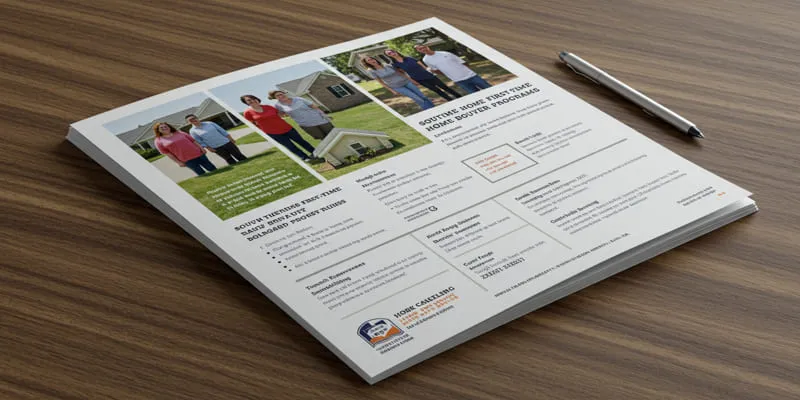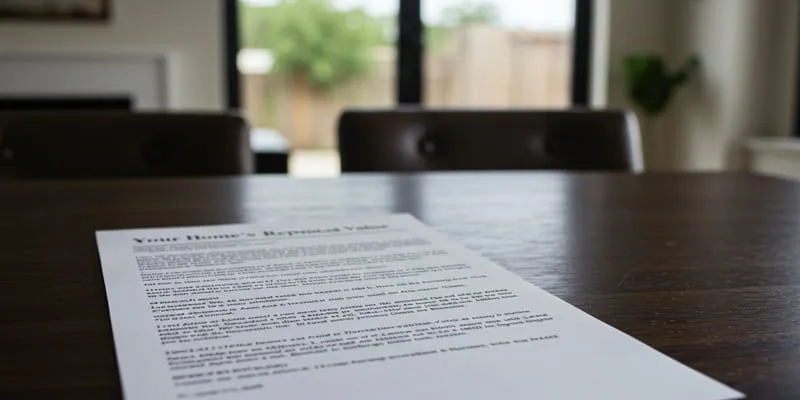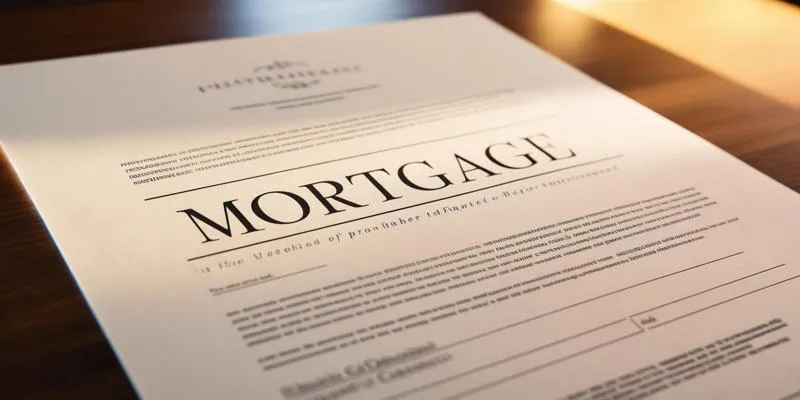Understanding FHA Closing Costs: What You Need to Know Before Buying a Home
When purchasing a home with an FHA loan, many homebuyers face closing costs that can be confusing, especially for first-time buyers. FHA closing costs refer to the fees paid when finalizing a mortgage, typically between 2% and 5% of the home’s purchase price. These costs include loan origination fees, appraisal fees, title insurance, and escrow fees.

While FHA loans are popular due to their lower down payment requirements, it’s important to prepare for these additional expenses. Understanding these costs can help you budget more effectively, ensuring a smoother home-buying experience. In this article, we will explore the key components of FHA closing costs, how they compare to other loan types, and strategies to minimize them.
What Are FHA Closing Costs?
FHA closing costs are the fees paid at the closing of the real estate transaction when a homebuyer gets an FHA loan. These costs vary based on the lender, location, and property price, but they usually range from 2% to 5% of the home’s sale price. Being federally backed by the Federal Housing Administration, FHA loans were designed for first-time homebuyers and applicants with lower credit scores, often resulting in more manageable costs compared to other loan types.
The closing process involves several stages, including loan approval, home inspection, and final paperwork. Throughout this process, various fees come into play, and these will be reflected in the closing costs. The most common FHA closing costs include loan origination fees, title insurance, appraisal fees, and escrow fees.
Key Components of FHA Closing Costs
Loan Origination Fees
One of the clearest costs you will pay is the loan origination fee. This fee is charged by the lending company to prepare and manage your mortgage application and dispense the loan to you. Loan origination fees generally range from 0.5% to 1.5% of the loan amount, depending on the lender. This charge includes underwriting, processing, and approving the loan itself. While the exact fee can vary, it’s essential to factor this into your budget when considering your closing costs.
Appraisal Fees
Before FHA loans are finalized, they require an appraisal of the property. This ensures that the house value matches the loan amount. The cost of the appraisal ranges between $300 and $500, depending on the location and size of the property. The FHA will not approve the loan if the property does not appraise to the purchase price.
Title Insurance
Title insurance is necessary for both the buyer and the lender in case any legal issues arise with the property’s ownership after the purchase. The cost of title insurance varies by location but generally ranges from $500 to $2,000. While title insurance is not always required by law, it’s typically standard practice in most transactions, particularly for FHA loans.
Escrow Fees

Escrow fees are another common component of FHA closing costs. An escrow company acts as a neutral third party that manages the funds and documents during the closing process. The buyer and seller both pay a portion of the escrow fees, which can vary but typically range from $200 to $600. These fees cover the cost of holding the earnest money deposit and disbursing funds at closing.
How to Lower Your FHA Closing Costs
While closing costs are an unavoidable part of the homebuying process, there are ways to reduce the impact of these fees. Here are a few strategies to help lower your FHA closing costs:
Shop Around for Lenders

Different lenders charge different fees, and some may be more competitive in terms of closing costs. It’s wise to shop around and compare offers from multiple lenders to find one that offers the best terms and fees. Some lenders may offer to reduce or waive certain fees to win your business, so it’s worth asking about any available discounts.
Negotiate Closing Costs with the Seller
In some cases, you may be able to negotiate with the seller to cover some or all of the closing costs. This is particularly common in a buyer’s market, where sellers are more motivated to close a deal. If the seller agrees to cover some of the costs, this can reduce your out-of-pocket expenses and help you move into your new home more affordably.
Consider Government Programs
Many state and local governments offer assistance programs for first-time homebuyers that can help with some of the closing costs. These programs can provide grants or loans to reduce the financial burden of purchasing a home, including covering certain FHA closing costs. It’s a good idea to research any available programs in your area that may help with these expenses.
Ask for a No-Closing-Cost Loan
Some lenders provide “no-closing-cost” loans, where the fees are either added to the loan amount or offset by a slightly higher interest rate. This can be a good option if you don’t have enough cash on hand to cover the costs upfront. However, keep in mind that while you may save on closing costs in the short term, you could end up paying more in the long run due to the higher interest rate.
Conclusion
FHA closing costs are an important factor to consider when purchasing a home with an FHA loan. While these costs can add up, understanding them upfront helps you plan effectively. FHA loans offer lower down payments, making homeownership more accessible, but it’s essential to account for closing costs like loan origination, title insurance, and appraisals. Shopping around for the best loan terms, negotiating with the seller, and exploring government programs or no-closing-cost loans can help reduce expenses. By preparing for these costs, you’ll be more confident in your homebuying journey and ensure you’re financially ready for this significant investment.











